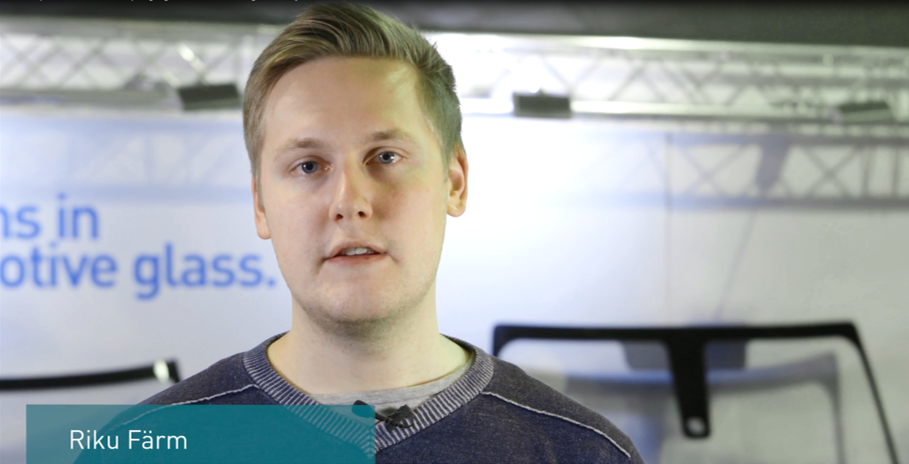
This week, we are dealing with the following two questions:
For this week’s questions, see our full video response below!
This glass tempering trickiness is especially related to thin and large Low-E glass sheets. The reason is that when you’re heating large Low-E glass sheets, the glass tends to warm more on the sides than in the center. Because of this, you need to overheat the glass or the glass becomes bi-stable after tempering. The way to avoid this is to have good crosswise and lengthwise profiling to heat the glass more in the center than at the edges.
Some sophisticated tempering furnaces do this automatically. But you still need to pay special attention to their profiling.
This phenomenon is actually the same as when you’re heating the soup in a microwave oven. Everyone knows that the soup gets really hot at the edges of the bowl, whereas the center stays cold, which is extremely annoying. And the reason is that the microwave does not have any profiling so the edges always heat up more.
The problem with heat strengthening thick glasses is that you have to use extremely low quenching pressure. It does not matter if your furnace is small or large, but you need to have a configuration that allows you to apply sufficiently low quenching pressure. This means that your furnace needs to have a possibility to adjust its nozzles independently. Without this independent nozzle adjustment, it is really hard to process thick heat-strengthened glasses. And the other thing to consider here is whether your inverters support low pressures.
Sign up for Glastory newsletter
We answer your questions about glass processing. Let us know your challenges and we promise to do our best to help you.
Comments are closed.